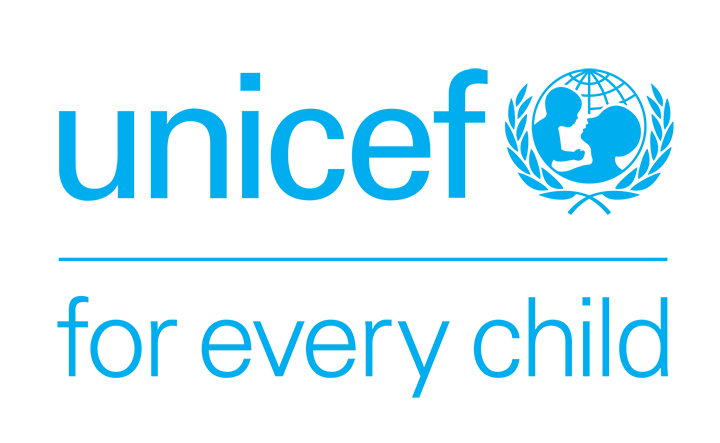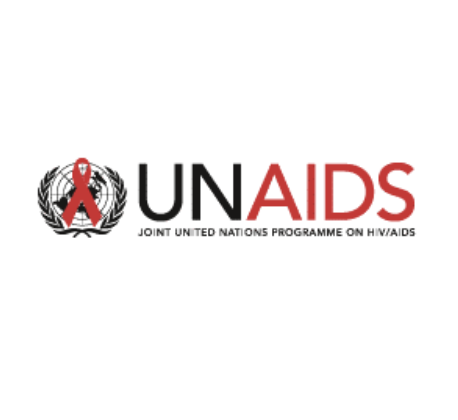UNICEF is the driving force that helps build a world where the rights of every child are realized. With the global authority to influence decision-makers, and the variety of partners at grassroots level to turn the most innovative ideas into reality. That makes UNICEF unique among world organizations, and unique among those working with the young.
UNICEF believes that nurturing and caring for children are the cornerstones of human progress. UNICEF was created with this purpose in mind – to work with others to overcome the obstacles that poverty, violence, disease and discrimination place in a child’s path. With the belief that we can, together, advance the cause of humanity.
UNICEF advocates for measures to give children the best start in life, because proper care at the youngest age forms the strongest foundation for a person’s future.
UNICEF promote girls’ education – ensuring that they complete primary education as a minimum – because it benefits all children, both girls and boys. Girls who are educated grow up to become better thinkers, better citizens, and better parents to their own children.
UNICEF acts so that all children are immunized against common childhood diseases, and are well nourished, because it is wrong for a child to suffer or die from a preventable illness.
UNICEF works to prevent the spread of HIV/AIDS among young people because it is right to keep them from harm and enable them to protect others. Helping children and families affected by HIV/AIDS to live their lives with dignity.
UNICEF involves everyone in creating protective environments for children. Being present to relieve suffering during emergencies, and wherever children are threatened, because no child should be exposed to violence, abuse or exploitation.
UNICEF upholds the Convention on the Rights of the Child. Working to assure equality for those who are discriminated against, girls and women in particular. Working for the Sustainable Development Goals and for the progress promised in the United Nations Charter. Stringing for peace and security. Holding everyone accountable to the promises made for children.
UNICEF is a part of the Global Movement for Children – a broad coalition dedicated to improving the life of every child. Through this movement, and events such as the United Nations Special Session on Children, we encourage young people to speak out and participate in the decisions that affect their lives.
Working in 190 countries through country programmes and National Committees. UNICEF, the United Nations Children’s Fund.
UNICEF works in Angola, Botswana, Burundi, Comoros, Eritrea, Eswatini, Ethiopia, Kenya, Lesotho, Madagascar, Malawi, Mozambique, Nambia, Rwanda, Somalia, South Africa, South Sudan, Tanzania, Uganda, Zambia, Zimbabwe




























This interim guidance note intends to provide government decision makers, school administrators/staff and partners with preliminary guidance on how to support, transform or adapt school feeding (in the short term) to help safeguard schoolchildren’s food security and nutrition during the COVID-19 pandemic.